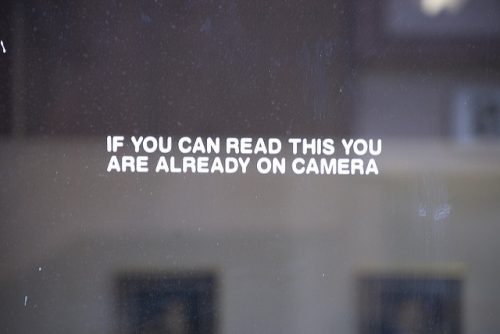
It has been really thrilling to hear so much positive feedback about my essay about authoritarianism in engineering. In that essay, which you can read over at The Baffler, I argue that engineering education and authoritarian tendencies trend very closely and that we see this trend play out in their interpretations of dystopian science fiction. Instead of heeding very clear warnings about the avarice of good intentions gone awry, companies like Axon (né TASER) use movies and books like Minority Report as product roadmaps. I conclude by saying:
In times like these it is important to remember that border walls, nuclear missiles, and surveillance systems do not work, and would not even exist, without the cooperation of engineers. We must begin teaching young engineers that their field is defined by care and humble assistance, not blind obedience to authority.
I’ve got some pushback, both gentle and otherwise about two specific points in my essay which I’d like to discuss here. I’m going to paraphrase and synthesize several people’s arguments but if anyone wants to jump into the comments with something specific they’re more than welcome to do so.









